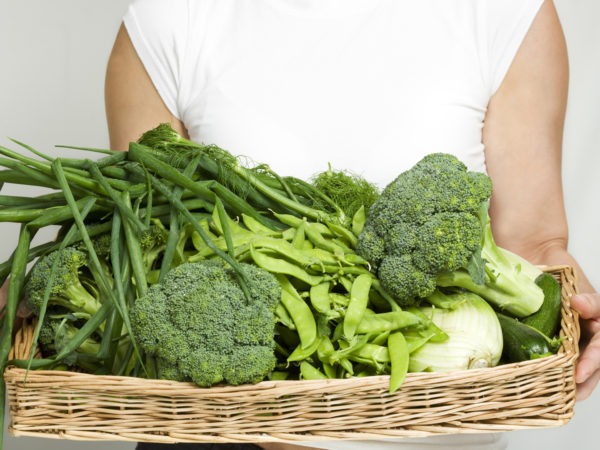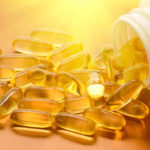Health Benefits of Vitamin K

What is vitamin K?
Vitamin K is an umbrella term encompassing a group of chemically related fat-soluble compounds known as naphthoquinones. This group includes vitamins K, K1, K2, and K3. Vitamin K1 (phytonadione) is the natural form of vitamin K; it is found in plants and is the primary source of vitamin K that humans obtain through foods.
Why is vitamin K necessary?
Vitamin K is an essential nutrient necessary for responding to injuries – it regulates normal blood clotting. In addition, by assisting the transport of calcium throughout the body, Vitamin K may also be helpful for bone health: it may reduce bone loss, and decrease risk of bone fractures. It also may help to prevent calcification of arteries and other soft tissue.
What are the signs of a deficiency?
While rare, a deficiency in vitamin K can lead to defective blood clotting, increased bleeding and osteopenia. Symptoms include easy bruising, gastrointestinal bleeding, excessive menstrual bleeding and blood in the urine. Those most at risk for a vitamin K deficiency include people with chronic malnutrition, those with alcohol dependency, and anyone with health conditions that limit absorption of dietary vitamins.
How much, and what kind, does an adult need?
Adults and children who eat a balanced diet that include the foods listed below will obtain enough vitamin K, and do not need supplementation. People who may benefit from supplemental vitamin K are babies (who usually get a shot of vitamin K at birth) and those with digestive diseases.
How much does a child need?
In an effort to prevent “hemorrhagic disease of newborn,” also known as vitamin K deficiency bleeding or VKDB, a vitamin K1 injection may be given to newborns and young infants. Otherwise, food sources should fill any daily needs.
How do you get enough from foods?
Vitamin K is abundant in green tea, leafy greens, such as Swiss chard, kale, parsley and spinach, broccoli and cauliflower, Brussels sprouts, liver, soybean oil and wheat bran. Fermented dairy, including yogurt, cheeses, and fermented soy including miso and natto, provide K2, which is especially helpful in increasing bone density and reducing the risk of fractures. Those with osteoporosis or osteopenia should consider supplementing 50 to 100 mcg (micrograms) of K2, and eat foods rich in vitamin K.
Are there any risks associated with too much vitamin K?
While no known toxicity is associated with vitamin K, high doses may cause numbness or tingling in the extremities.
Are there any other special considerations?
People taking prescription anticoagulants, which intentionally interfere with the role of vitamin K, need to monitor their dietary intake of vitamin K containing foods closely, and should never take supplemental vitamin K.
Vitamin K supplementation during pregnancy (beyond normal dietary intake) may increase the risk of jaundice in newborns. Vitamin K ingested by breastfeeding mothers is generally considered safe.
High doses of aspirin and quinine may increase vitamin K requirements; antacids may decrease absorption of vitamin K, and vitamin K may decrease the blood thinning effects of several herbs including alfalfa, American ginseng, anise, celery, chamomile, horse chestnut and red clover.
Updated by: Andrew Weil, M.D., and Brian Becker, M.D., on January 10, 2013.
















